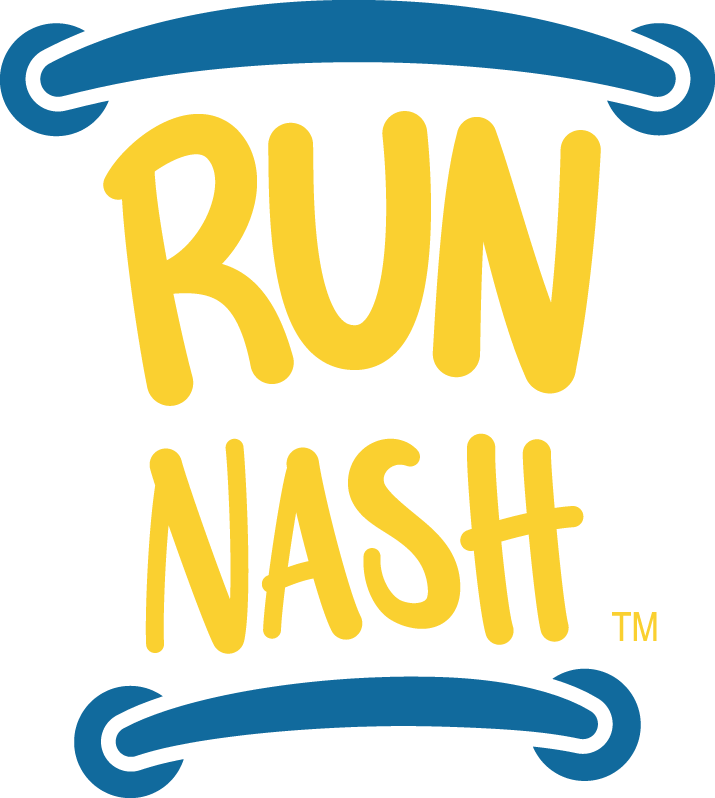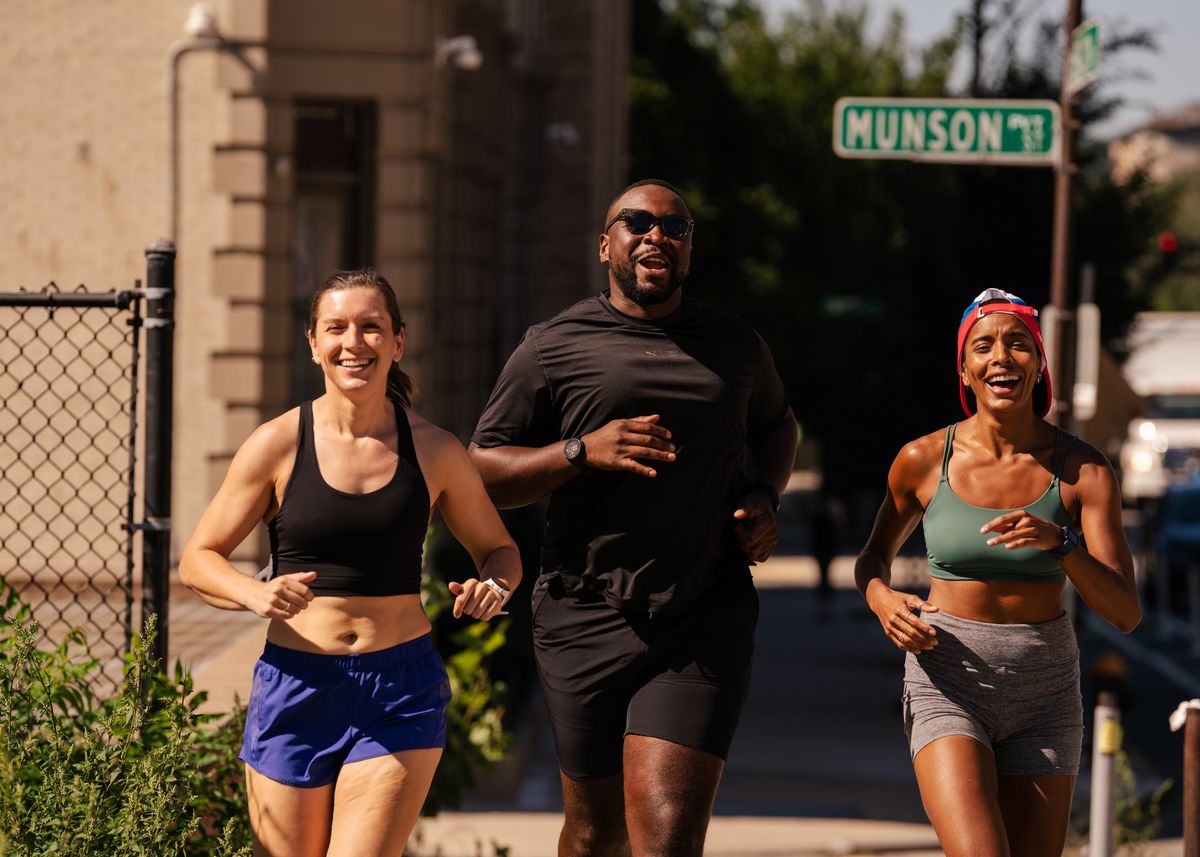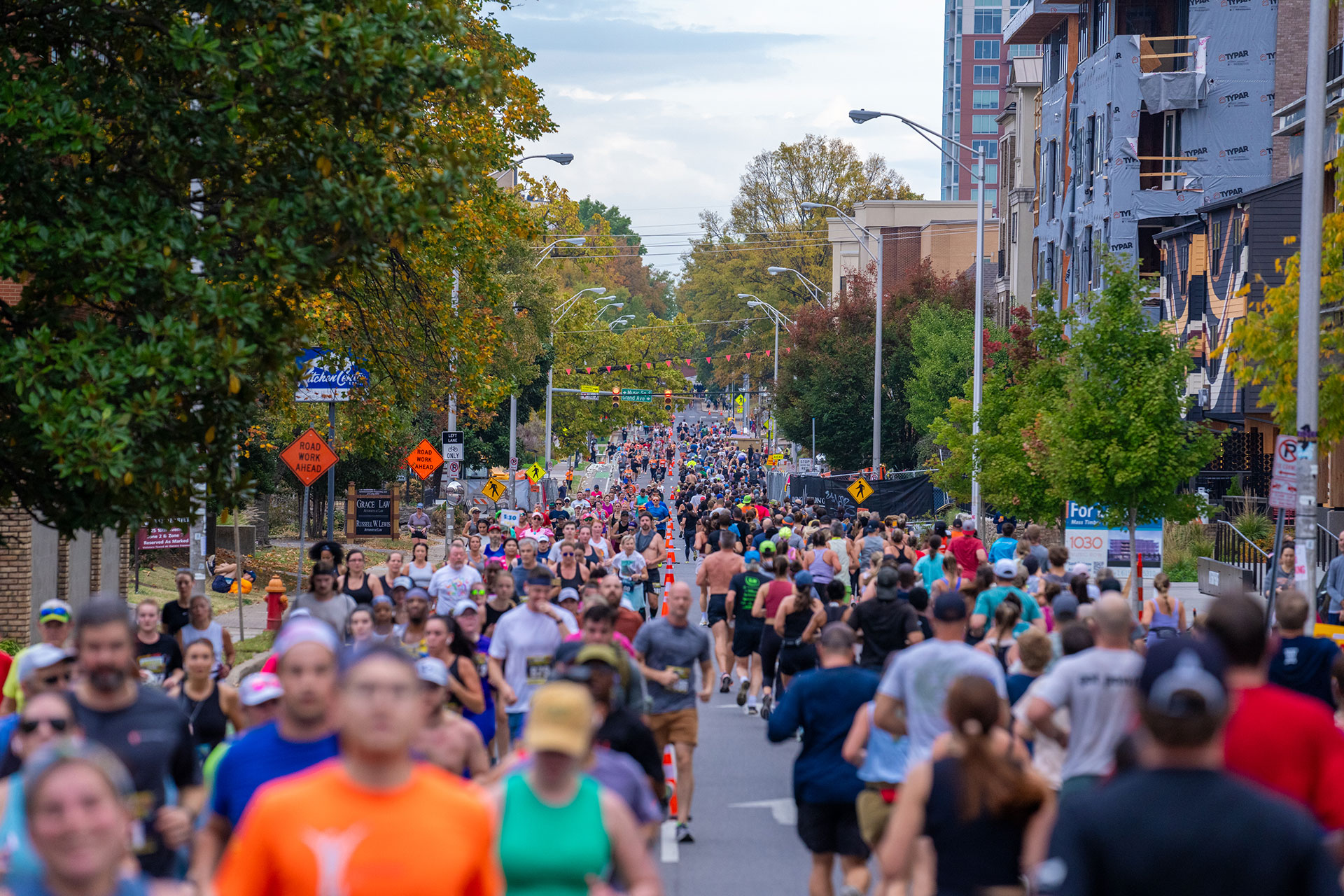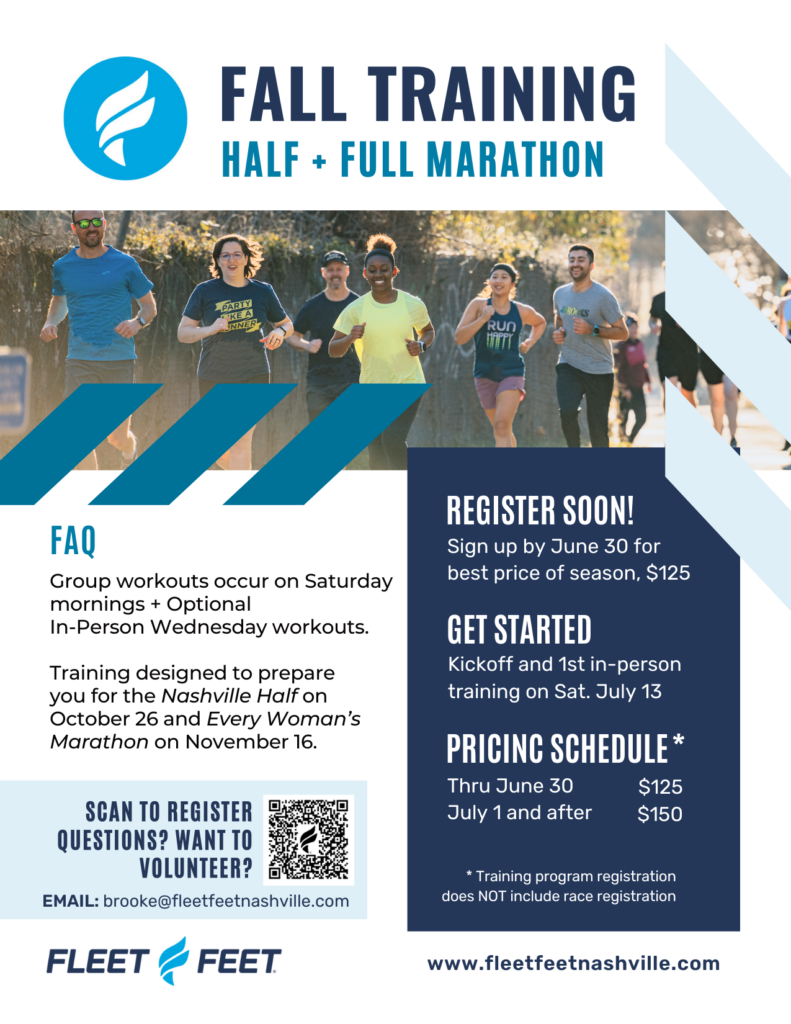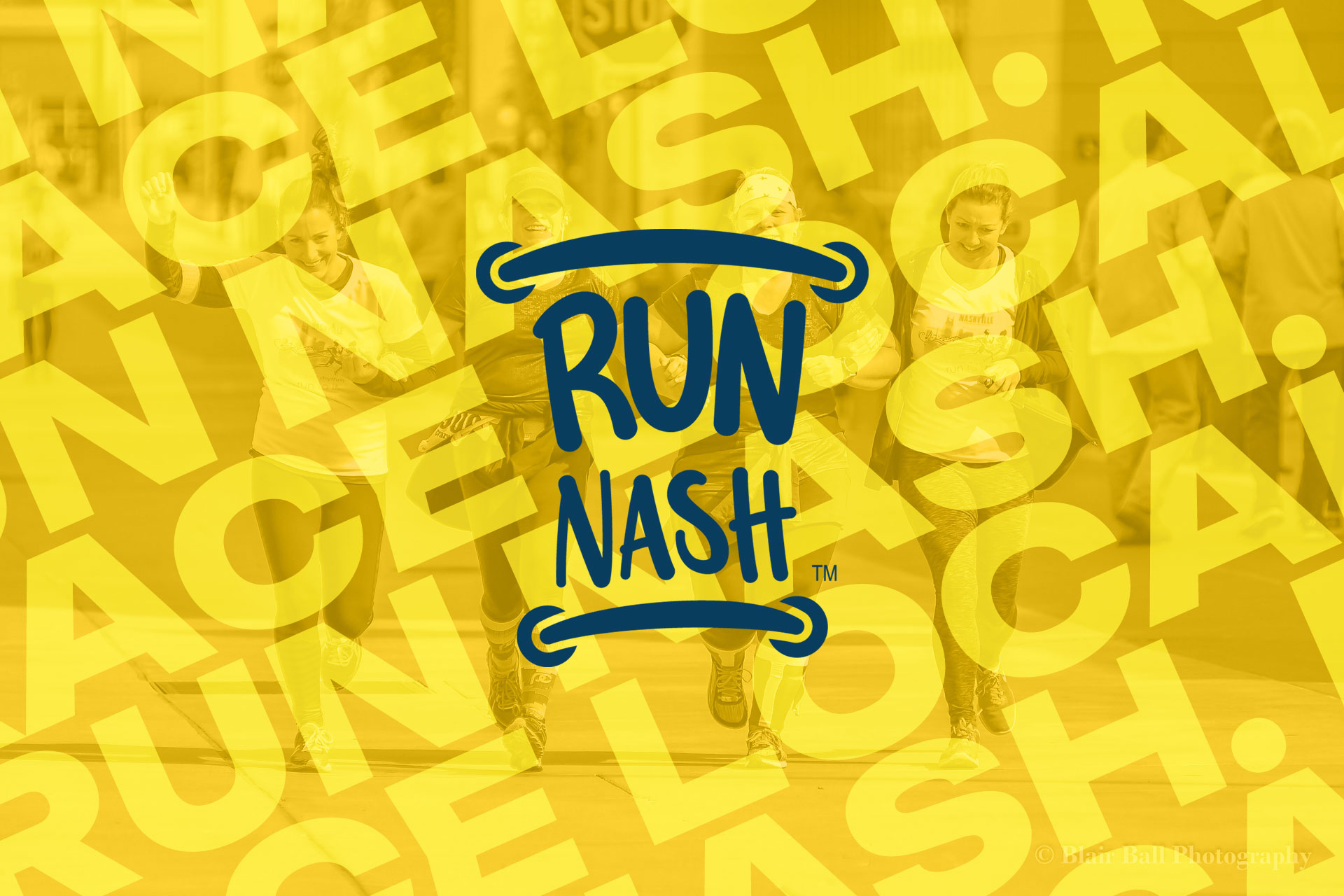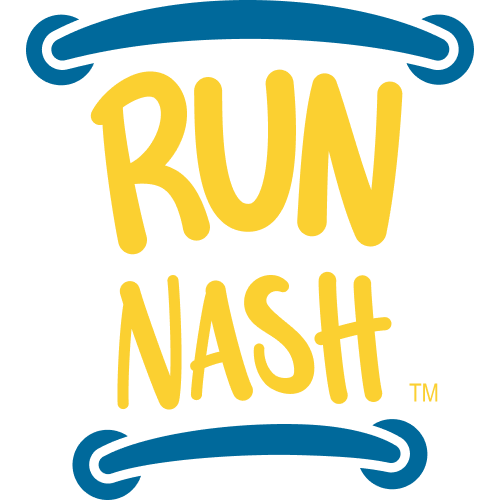
Monday:
Capitol Steps Workout: Join Fleet Feet ambassador James Crumlin for a full-body workout every Monday and Thursday night at the State Capitol Building. Meet at the steps leading up from Bicentennial Park at 6 PM!
Nashville Front Runners: Nashville’s LGBTQ+ running club! Runs: Mondays at 6:30pm from Canvas and Thursdays at 6:30p The Lipstick Lounge. Check out their Instagram, website or Strava page for more information.
12 South Runners: Monday nights at 6:30 from Embers Ski Lodge. Follow on Instagram or Facebook for more information.
Donelson Run Club: Monday mornings at 6:00am with mulitple meetups throughout the week. Follow on Instagram or chek out their website www.donelsonrunclub.com
Nations Run Club: Monday Nights at 6:30pm at Southern Grist (5012 Centennial Blvd, Nashville, TN 37209). 3.5 and 5 mile options; routes posted each week on Facebook or Strava. Stay for a drink after and get $2 off your beer!
Tuesday:
Nashville Harriers: The Nashville Harriers were established to help anyone become a better runner, from the back of the pack to the front providing a weekly workout as a part of a cohesive training program based on your unique abilities and fitness. The workouts are held at 6:30pm in different locations, so please follow the Harriers Facebook or Strava page for updates.
Bellevue Runners: Want to get moving? Want to meet new friends? Come out and join us for a 3 mile fun run every Tuesday at 6:30PM from the Gordon JCC! Free to the public. Membership not required. All levels, paces, and abilities welcome. Facebook Page
Mule Town Runners Club: Runners of all ages and abilities welcome! Tuesday’s at 6 pm meet on the porch at Asgard Brewery in Columbia for a 5k / 1mile run and a beer. Dog Friendly. Click Here for more info.
Cedar City Running Club: 6pm at Cedar City Brewing Co. on Lebanon Square. Meet for a 3.5 mile route and stay for drinks and dinner. Follow the group on Instagram
6Run5: To support our goal of promoting running in our community we have two weekly opportunities for group runs; weekly on Tuesdays and Sundays. Check out their website or Strava page for locations or email 6RUN5@gmail.com with questions.
Wednesday:
RunSum: Fleet Feet Hendersonville group run will meet each Wednesday at 6:30 PM for a 3 mile fun run. Join the RunSum Instagram or Facebook pages for more info or find us on Strava. *Group meeting at the square in the middle of the Indian Lake Shopping Center.
Cool Springs Run Club: Meet on Wednesdays at Fleet Feet Cool Springs at 6:00pm for 2 – 4 casual miles. Join the free Heylo Group to get notifications on group activities.
Spring Hill: Spring Hill Run with the “Hill Runners” meet at the Church of the City parking lot in Spring Hill Wednesdays at 6:30pm for a 2-4 mile run/walk and Saturdays for a long run. For more information go to the Hill Runners Facebook page and ask to join.
Green Hills Run Club: Currently paused. Follow us on Strava for updates.
Nolensville Running Club: Nolensville Running Club (NRC) meets at Mill Creek Brewing Company at 6:15 every Wednesday for a 3-6 mile run/walk. Runners of all levels are welcome. For more information go to Nolensville Running Club or Strava page.
East Nasty: Join us each Wednesday at 6:00 PM near Five Points in East Nashville for a 4-6 mile fun run. Meet at 11th and Holly for the start of the run and wrap up at 3 Crow Bar. Updates can be found on the East Nasty Website or Strava page.
Achilles International: Achilles International Nashville welcomes all people with disabilities to the wonderful world of RUNNING! In Achilles parlance, running means any form of forward locomotion – conventional running, walking, wheeling, or swinging through crutches! We meet on Wednesday nights 5:30 & 6:00 pm start times at McCabe Park Community Center with rsvp in advance to achillesnashville@gmail.com
Thursday:
Brentwood Breakfast Club: Join us every Thursday morning at 6am for a run or walk followed by breakfast! Routes range from 4-6 miles and all paces are welcome. Locations vary from week to week. Brentwood Breakfast Club Facebook Page
Dirt Bags Trail Run Club: Dirtbags Trail Run Club meets every Thursday night at 6pm at Shelter #2, Deep Well Entrance of Percy Warner Park to enjoy great company on the beautiful trails. This club is open to everyone from the newest runner to the grizzled old trail vet. Come on out and see why trail running is all the rage! Dirtbags Facebook Page
Curio Jogging Association: Don’t like to run? Aren’t fast enough? WE DON’T CARE!! Just come join us for a walk or a jog, or even sprint if you feel like it! We are a group of people wanting to be a little fit and grow a community! Check out the Facebook group for more info.
South Side Runners: Whether you walk, trot or run…
Join us in Lenox Village Thursday nights at 6:15 for a fun run and social hour. All levels encouraged and welcome! Join our South Side Runners Facebook or Strava page.
Capitol Steps Workout: Join Fleet Feet ambassador James Crumlin in a full-body workout every Monday and Thursday night at the State Capitol Building. Meet at the steps leading up from Bicentennial Park at 6 PM!
Lewisburg Running Club: A free community running/walking club that takes advantage of the Rock Creek Park space in Lewisburg, Tennessee to exercise and get to know your neighbors. Meets Thursdays at 5:30 pm at Rock Creek Pavilion. Check out their Facebook page for more information.
Friday:
The B Team: Brentwood’s Favorite Run Club. Meet at Fleet Feet on Friday mornings at 6:30am for an easy run or walk, then stay for coffee afterward at Crema Cafe. Join the free Heylo group to stay updated on group activities.
Rise Up Run Club: Meets at The Billy Goat Coffee Cafe in Mt Juliet every Friday morning at 6:30am for a casual run. Join the free Heylo group to stay updated on group activities.
Saturday:
Major Miles: Supported Saturday morning long runs with Fleet Feet Nashville, Franklin Road Runners and PR Bandits. Join the free Heylo group to get location details each week.
Other Run Groups:
Black Girls RUN! Nashville: The mission of Black Girls RUN! is to encourage African-American women to make fitness and healthy living a priority. BGR! wants to create a movement to lower that percentage and subsequently, lower the number of women with chronic diseases associated with an unhealthy diet and sedentary lifestyle. BGR Facebook page.
Black Men Run: To encourage health and wellness among African American men by promoting a culture of running/jogging to stay fit resulting in “A Healthy Brotherhood” BMR supports a wide range of abilities and is open to everyone. From first-timers to advanced runners, we strive to promote increased fitness through a culture of running. BMR Nashville Instagram.
Jogalope: Community of runners of all experience levels, meeting multiple times per week. More info can be found on their website or Strava page.
Sumner Sole Sisters: A branch of Hendersonville Running Club (HRC), we exist to allow a safe place for women to join together and run without judgment. We are all in different seasons of our lives and come from a variety of backgrounds but we share one commonality, the love of running and community. We have many routes, dates, and time options throughout the week/weekends. Please reach out to us and we will get you connected. carriewwtravel@hotmail.com
